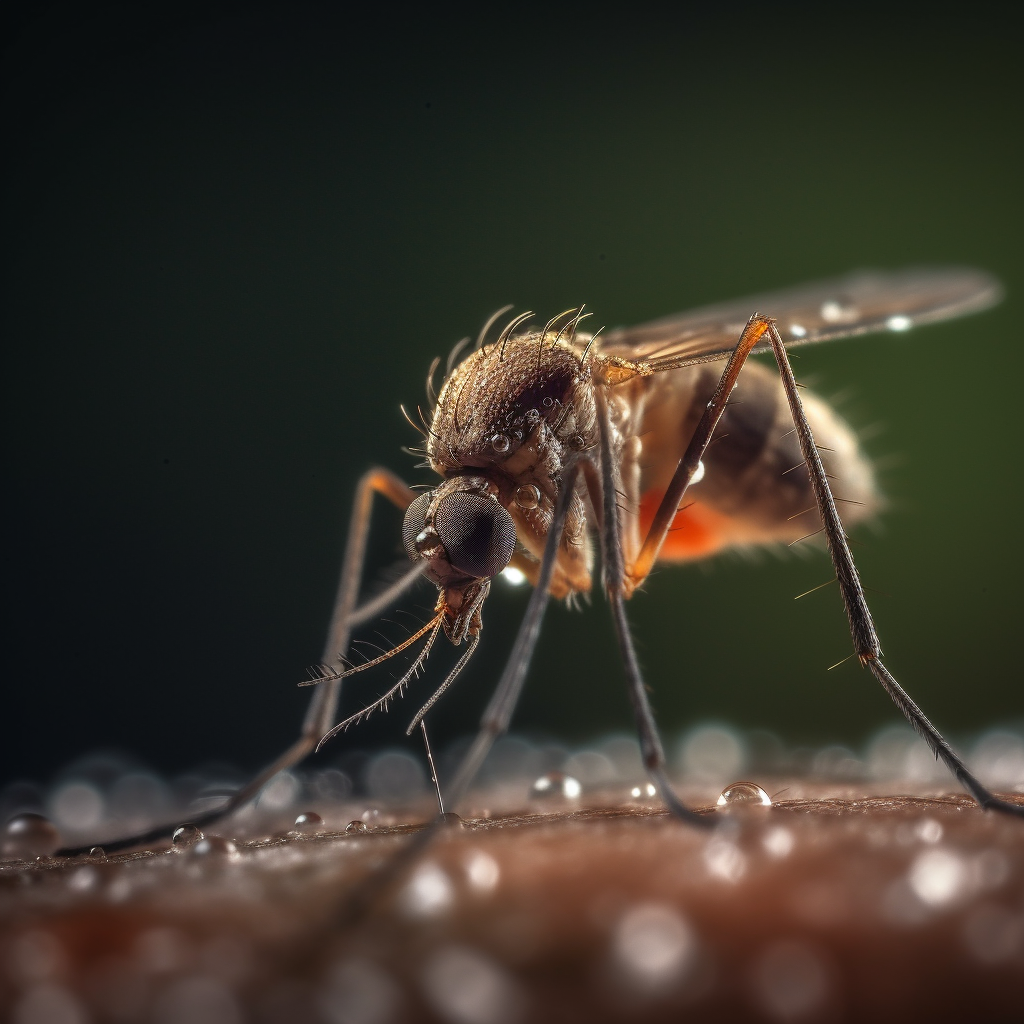August 15, 2023
Warming Climate and Deforestation – The Silent Catalysts for Escalating Mosquito-Borne Diseases
Book a Demo
A recent scientific study warns of a potential 20% rise in cases of mosquito-borne viruses such as dengue, Zika, and chikungunya over the next three decades, attributing this alarming trend to ongoing climate change. The research highlights how the warming climate is causing these diseases to spread to cooler areas that were previously non-endemic. Additionally, it points out how rampant deforestation is contributing to their further proliferation.
In 2022, Brazil witnessed a disturbing trend in this respect, with the number of deaths caused by dengue exceeding 1,000 – a historical peak for the nation. The projections for 2023 are even more grim, indicating a rise in the number of fatalities. This surge in mosquito-borne diseases is not limited to Brazil, but is a global concern that needs immediate attention.
The research indicates a potential expansion in the transmission of arboviruses due to climate change, impacting regions beyond their typical transmission zones. These findings are significant, as they highlight the urgent need for proactive measures to control the spread of these diseases and protect vulnerable populations.
One of the key findings of the research is the role of deforestation and loss of biodiversity in the rise of dengue and Zika cases. The researchers emphasize that reforestation could be a significant strategy to control the spread of the diseases. By restoring forests, the habitats of mosquitoes could be limited, thereby decreasing the chances of disease transmission.
Researchers from the University of Michigan have also issued a warning that rising temperatures could substantially increase the risk of Zika and Dengue fever outbreaks in Brazil by 2050. This prediction underscores the need for countries to urgently address climate change and limit global warming to prevent future disease outbreaks.
The research used an advanced mathematical model to forecast potential changes in the mosquito population under varying climate conditions. The model takes into account factors like human population density and rainfall, which are critical in the transmission of mosquito-borne diseases. This innovative approach underscores the importance of climate change mitigation and adaptation strategies to prevent future disease outbreaks.
The research underscores the urgent need for global action to mitigate climate change and halt deforestation as strategies to prevent the spread of deadly mosquito-borne diseases. The impact of climate change on public health is becoming increasingly clear, and these findings serve as a stark warning of the potential health crises we could face if we do not take action now.



